Clinical Chemistry
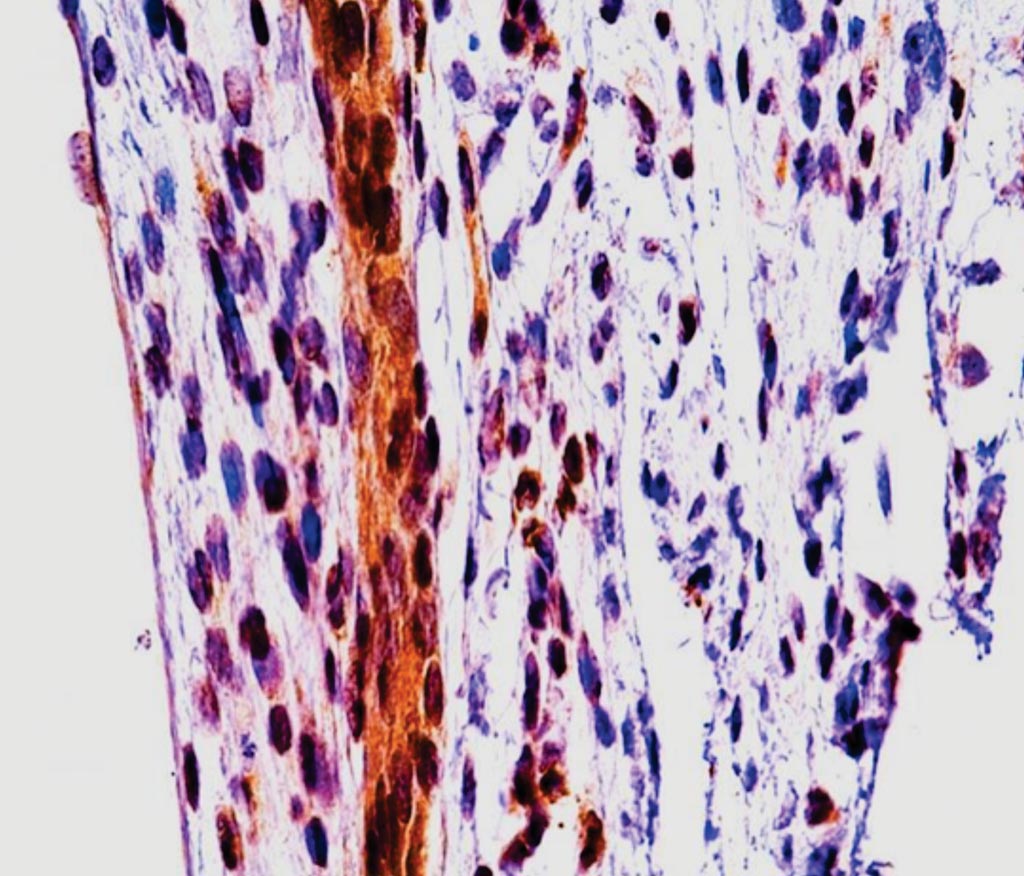
Diagnostic Test Identified for Pediatric Biliary Atresia
Biliary atresia is a rare disease of the liver and bile ducts that occurs in infants. Liver cells produce bile, which helps digest fat and carries waste products from the liver to the intestines. When an infant has biliary atresia, this flow is blocked and bile becomes trapped inside the liver, quickly causing liver damage and eventually liver failure. More...05 Dec 2017
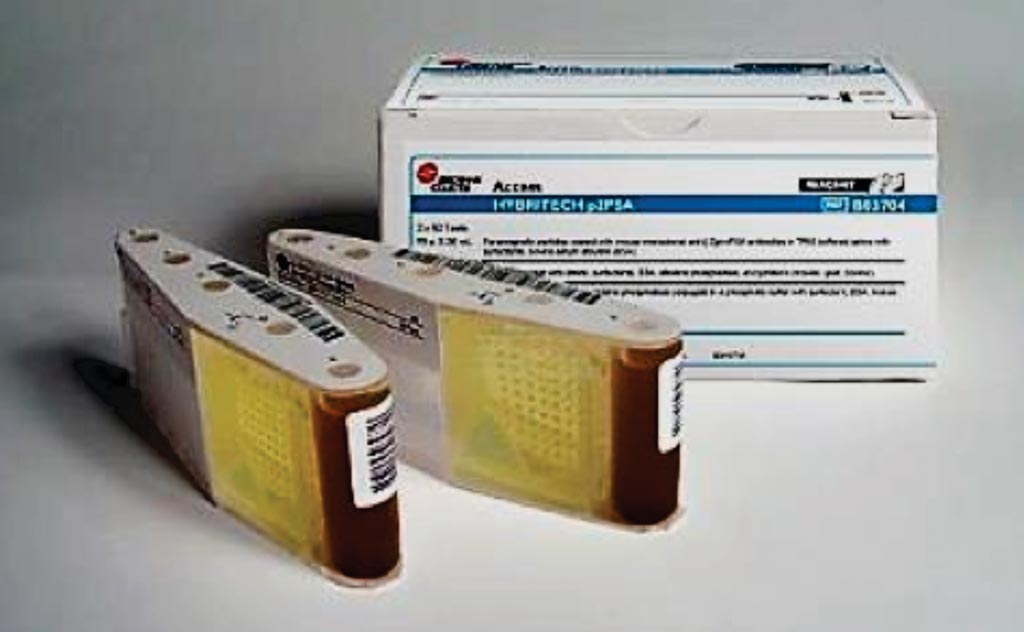
Physicians Perform Fewer Prostate Biopsies Post-Phi Testing
Prostate cancer is the third-leading cause of cancer death in men, with one in seven receiving a diagnosis during his lifetime. In 2017, approximately 161,360 new cases of prostate cancer were identified, with 60% of those occurring in men 65 years of age or older. More...04 Dec 2017
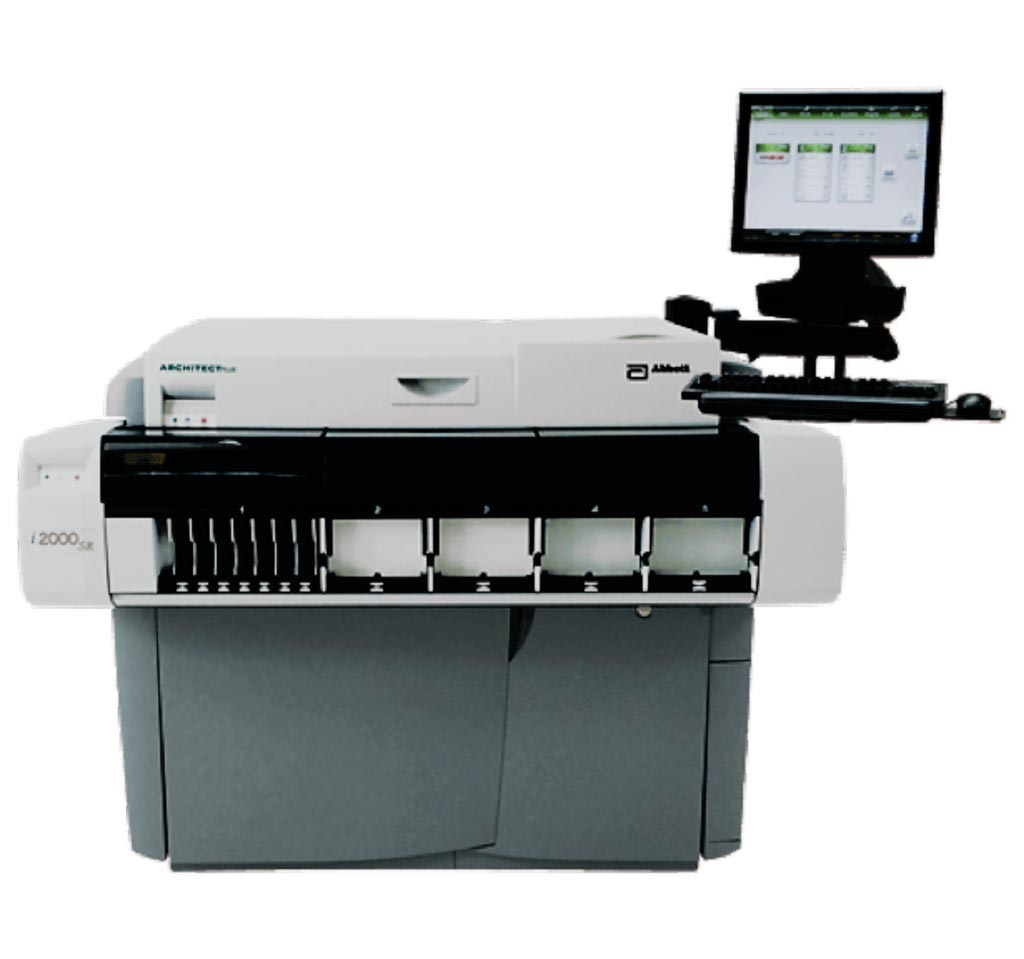
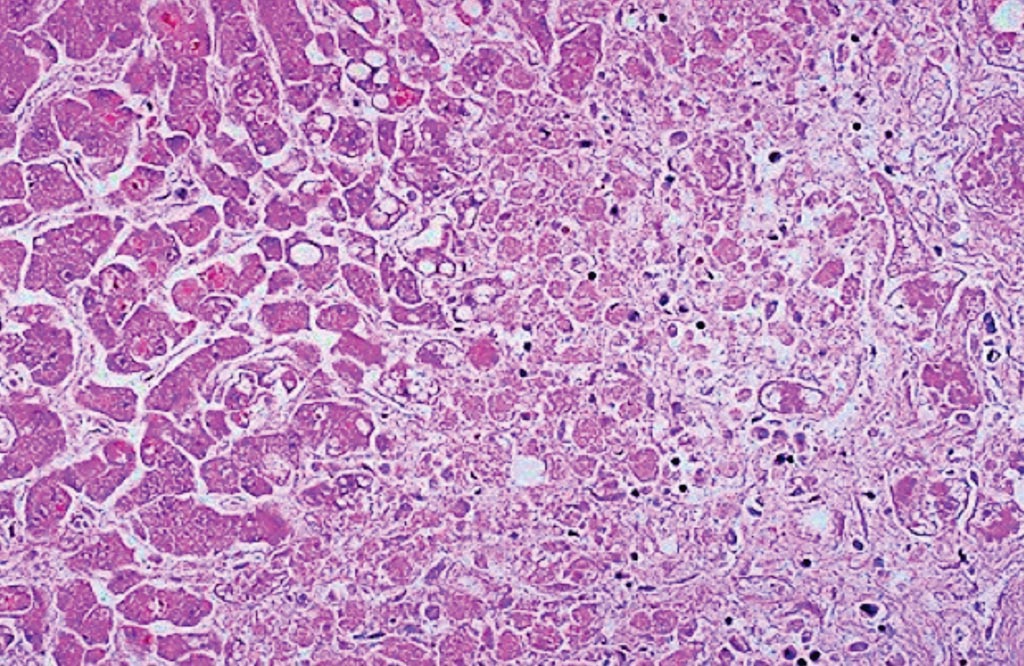
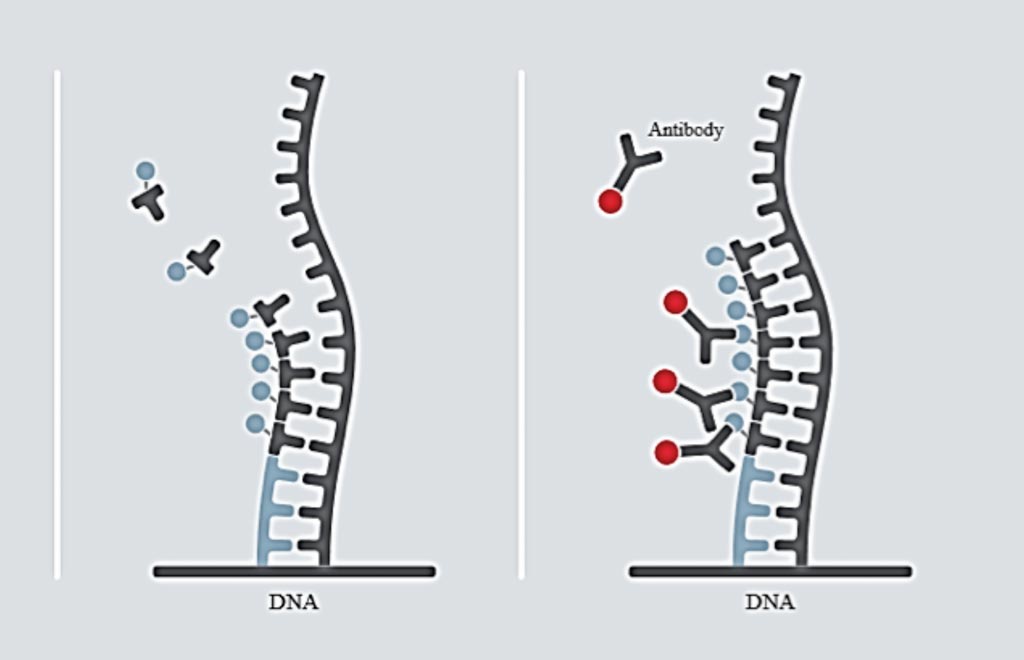
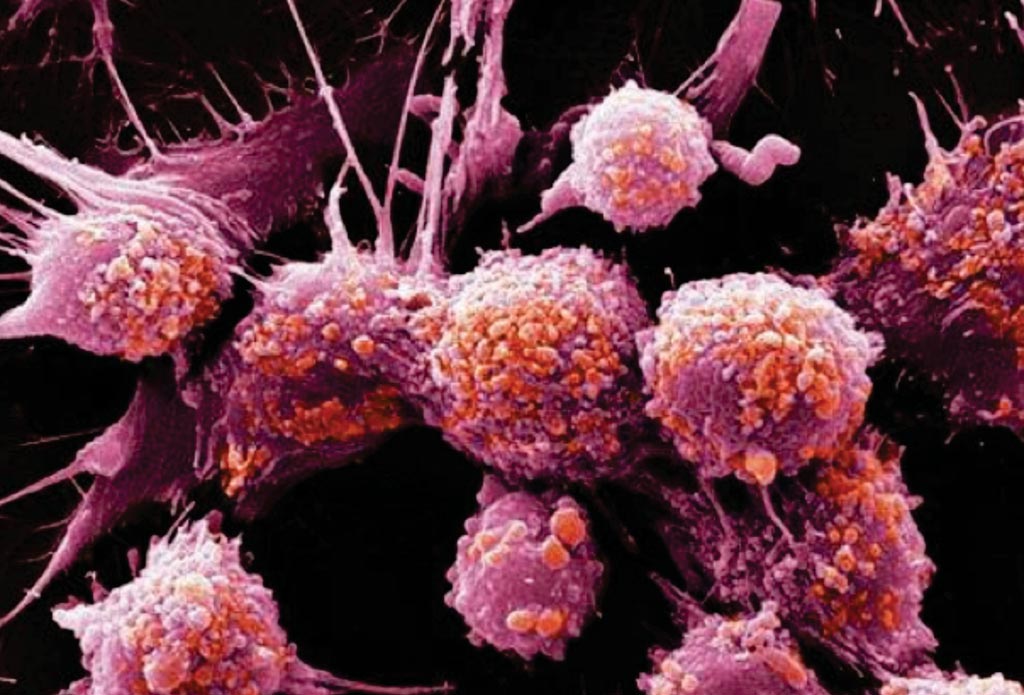
Low Testosterone Men Less Likely to Have Prostate Cancer
Prostate cancer affects more than 170,000 men each year in the USA, of who almost 30,000 die from the disease. While it is not yet known what causes the condition, a number of risk factors have been identified, such as age, ethnicity, and genetic mutations. More...24 Nov 2017
In Other News
Low Serum Phosphate Linked to Risk of Heart Attack
Fecal Zonulin Elevated in Crohn’s Disease and Smokers
Urine Particle Analyzer Compared with Standard Methods
New Methods Developed to Diagnose TB and HIV
High Thyroid Hormone Levels Associated with Arterial Disease
Potential Autoantigen Identified in Aggressive Kidney Disease
Fecal Calprotectin Predicts Complete Mucosal Healing in UC
FIT Hemoglobin Predicts Risk of Advanced Neoplasia
Blood Test Can Effectively Rule Out Breast Cancer
Single-Cell Diagnostics Advocated for Breast Cancer Subtyping
Genetic Mutation Linked to New Form of Diabetes
Experts Recommend Fewer Tests for Hospitalized Patients
Fecal Hemoglobin Stability Evaluated for FITs
Risk Factors Identified for Duchenne Muscular Dystrophy-Associated Cardiomyopathy
Ovarian Reserve Tests Prove Poor Predictors of Fertility
Low Serum Calcium Increases Risk of SCA
Renal Biomarker Test Prevents Acute Kidney Injury
Diagnostic Options When Standard Tests Are Inconclusive
Metabolomics Analysis Applied to Investigate MPS
Umbilical Cord Bilirubin Predicts Neonatal Jaundice
Tests for Smell Loss May Detect Alzheimer’s and PD
Monitoring System No Longer Requires Fingerstick Calibration
Serum Magnesium Levels Linked to Dementia Risk
The Clinical Chemistry channel updates the reader on tests, techniques, and research in the field - from routine assays to specialized tests on blood, urine, enzymes, lipids, hormones and more.










